Classical Chill Out, Kodály Centre, 13 March 2019, 9 pm
Attila Szabó is in a perfect position to raise young people’s interest in and fondness for classical music in Pécs. After seven years with the Pannon Philharmonic Orchestra where he worked as chief ticket agent, now he’s at the Centre for Internationalizations and Connections at the University of Pécs. How come that this small Western-Hungarian town is full with culture and traditions from all over the world? You can find out from this interview!
What makes the Pannon Philharmonics’ Classical Chill Out series so special?
This series is a result of a long-term cooperation of the Pannon Philharmonics and the University of Pécs. Students are its main target group, as the concerts are on weekdays, a bit later than usual. The seats are removed from the ground floor auditorium and are replaced by round tables, where circles of 8-10 friends can sit together at the same time. The house rules are also less strict – at other occasions, you aren’t allowed to bring your bag with you, whereas here guests even receive a drink. Another specialty is that we called for participation: twenty-two students applied, twenty of them are Hungarians and two are internationals, who play an instrument. They take part in the orchestra’s rehearsals and they are going to play with them on 13 March, cooperating in such easier and more popular pieces as Ravel’s Bolero, for example. This is a perfect match for the Philharmonics and the University: students on stage, students in the auditorium, and of course we hope to see the broader audience as well. Friends of a more traditional concert experience are still able to sit on the usual, comfortable chairs.

What about students who have pay fees, do student jobs? How can they afford the concerts?
The Pannon Philharmonics is of an extremely high quality. Culture lovers tend to spend less money on other things, but they wouldn’t consider skipping a concert or a season ticket. It is true not only for the students, but for the local citizens in general. This success is a mixture of the musical experience, the general elegancy of the Philharmonics, the beautiful booklets, the broad recognition: the Pannon is, in the end, the only countryside orchestra that gives full house concerts in the Müpa Budapest, just like the local concerts that also run with full house.
I was still working for the Pannon Philharmonics when, in 2010, the Kodály Centre was opened. It was one of the five main investments of the European Capital of Culture programme. Classical music of Pécs was institutionalized in 1811, so we can say that the city waited two hundred years to have this concert hall with such marvellous acoustics. This building finally unites the management, the rehearsal rooms and the concerts. Previously, they were all in different places, which made the life of the orchestra very difficult.
With the name Classical Chill Out, do you primarily address international students?
Yes, this is an important element of the series. We have 4200 international students from 112 countries, and their presence is great not only for local economy, but also for the cultural life. Merchants and restaurants focus on them already – why would classical music be any different? The University of Pécs is the leading employer in the region, so it’s very important for us to have a lot of open-minded, hardworking students, to have a sparkling cultural life all around the university.
This is the third year in a row when we organize the International Spring, a series of events that also hosts the Classical Chill Out. We find it important that international students not only spend time with their studies but also have fun in the city. Otherwise, locals only see foreigners travelling on the bus, walking in the streets, doing some shopping, but they don’t know more about them. So another aim of this programme is to bring people together, abolish prejudice and xenophobia, create and nourish important values. Last year we had 7600 guests at our informative lectures, conferences, food tastings, film screenings, handicraft groups, music and dance shows. These are all created together with local embassies and cultural organizations. Civics and students have fun together, you can, for example, try origami at the Japanese Day or listen to the two international students who play on stage at the Classical Chill Out.
It goes a bit against the public sentiments of today, doesn’t it?
Fortunately, reality is always different from what the media tries to show. Pécs has a historical tradition of mixed population and heterogeneity. The best example is the mosque-church on the Széchenyi Square, a world sensation, with a cross and a crescent moon on its rooftop. It started as a medieval Christian church, then became a mosque during the Ottomans, then a Catholic church again – today we see this whole history in one building. We also have a synagogue – there used to be a flourishing Jewish community here, but then came 1944. And even locals don’t really know that there is another mosque in the city where there is a Muslim worship service every week. There are, then, the minorities: the Croats, the Serbs, the Roma, the Germans; moreover, in a place nearby, many Finnish people live, even Hungarians learned from them how to put a sauna in the garden. Dutch and English families are also around, and they also come to the cultural events.
So the International Spring is basically an old tradition in a modern way?
Exactly. We have the oldest university of the country, so our responsibility to maintain a cultural tradition of hundreds of years. Apart from natural decrease, emigration is also a big problem for the population of this region. The University, along with the Pannon Philharmonics, keeps doing everything to establish an attractive and colourful cultural life and great vibes, so talented students won’t go elsewhere. Even the foreigners might think about staying here. There are good examples for international students who settled in and became doctors or artists. The main thing is that it is lovely to live here, and this springtime in Pécs will be truly extraordinary…
Classical Chill Out: https://www.pfz.hu/koncert/1265/classical-chill-out-ii
International Spring: https://www.facebook.com/InternationalSpringPTE/

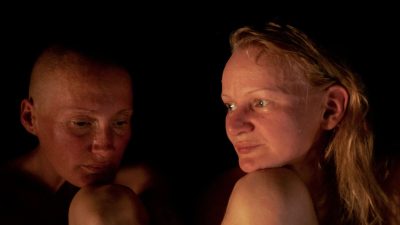
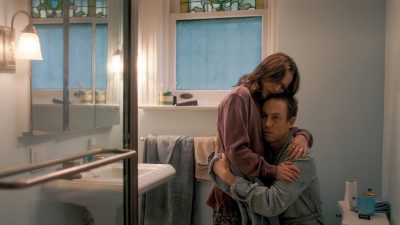

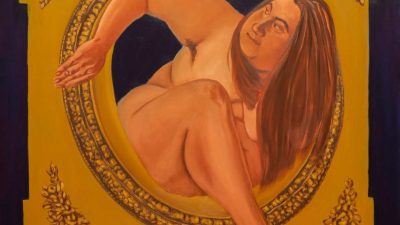
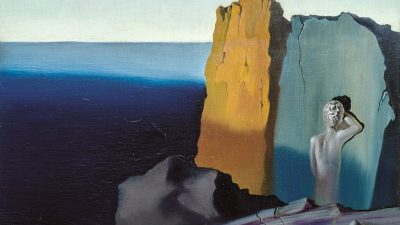



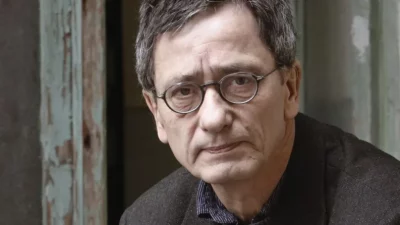




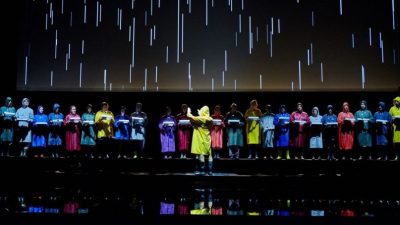





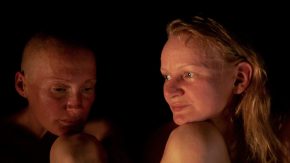


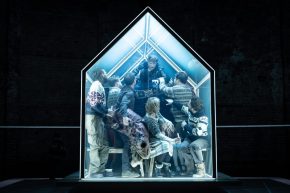


Comments